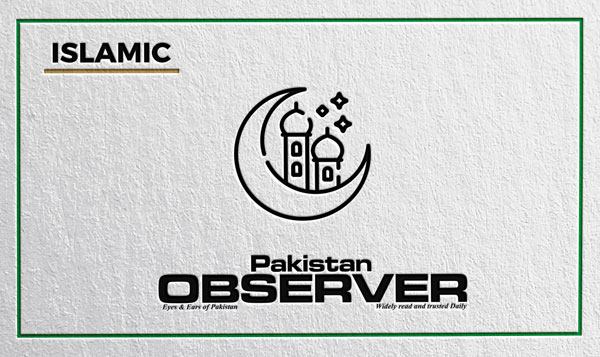AlHuda Centre of Islamic Banking and Economics (CIBE) and Farmers Development Organization (FDO) have signed an agreement to establish an Islamic microfinance window operation. The agreement was signed by Mr. Muhammad Zubair, CEO of AlHuda CIBE and Mr. Ghulam Mustafa, CEO of FDO. The Islamic microfinance window will provide financial services to low-income and marginalized communities in Pakistan.
In his statement, Mr. Muhammad Zubair, the CEO of AlHuda CIBE, highlights the significant role played by the Islamic microfinance industry in promoting financial inclusion and poverty alleviation. Firstly, he emphasizes that Islamic microfinance serves as a crucial tool for providing financial services to low-income and marginalized communities.
These communities often face challenges in accessing traditional banking systems due to various reasons such as lack of collateral, limited documentation, or exclusion based on socio-economic factors. Islamic microfinance steps in to bridge this gap and ensure that these underserved populations have access to financial services that can help improve their livelihoods.
Furthermore, Mr. Zubair believes that Islamic microfinance has the potential to transform the lives of individuals and entire communities. By providing financial services tailored to Islamic principles, such as profit-sharing and asset-backed financing, Islamic microfinance offers an inclusive and ethical alternative for those who prefer or are restricted by religious considerations. This approach enables individuals to participate in economic activities, start or expand their businesses, and ultimately uplift themselves from poverty.
Moreover, Mr. Zubair suggests that establishing an Islamic microfinance window operation can have dual benefits. Firstly, it would boost the Islamic microfinance industry by expanding its reach and impact.
This would encourage the growth and sustainability of Islamic microfinance institutions and enable them to cater to a larger segment of the population. Secondly, setting up an Islamic microfinance window operation can provide a solution for individuals who refrain from using conventional microfinance services due to religious perspectives.
These individuals may have reservations about engaging with interest-based financial systems, which are not in line with Islamic principles. —Zawya News










